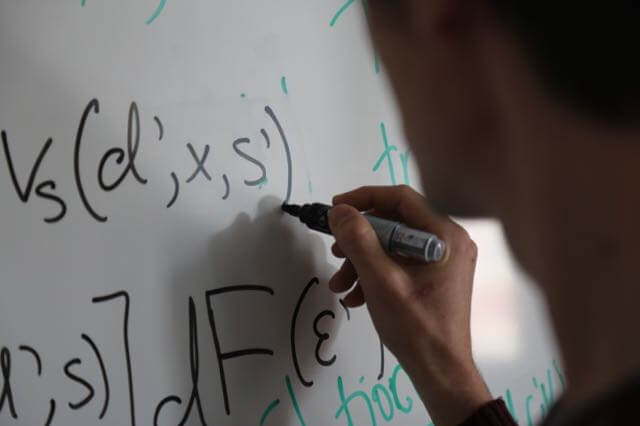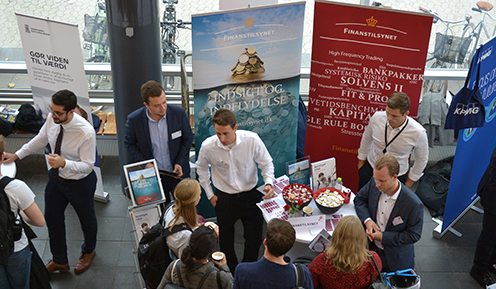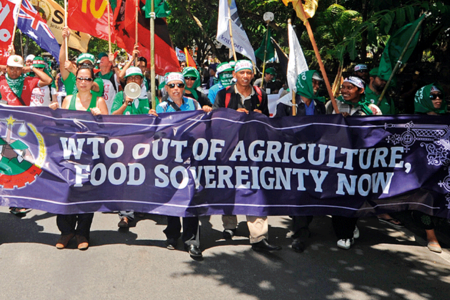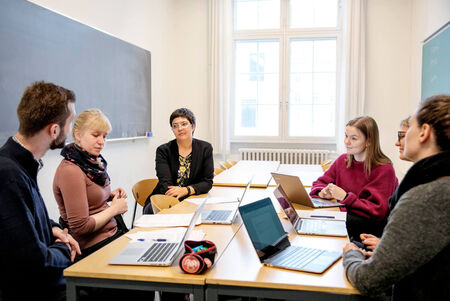Any improved grades are not considered. This is due to the fact that in Denmark it is not possible to improve grades in courses that has already been passed on the Bachelor's degree programme. Thus, if you have been awarded more than one grade in the same course, we will only consider the grade that you were awarded the first time that you passed the course when calculating your grade point average.
All applicants from non-Danish universities must, consequently, upload a complete transcript showing all examination attempts, the date of each examination attempt and the appurtenant exam result. If the applicant is unable to obtain a complete transcript from the home university, a confirmation that the applicant's transcript does not contain improved grades issued by the current home university is required instead.
Random checks of the applicant's basis for admission may also be made to the home university. In the case of admitted students, any fraudulent information in terms of grades may result in the student being deregistered from the degree programme in case of admission without entitlement.
However, any grade awarded on the basis of an appeal against the original grade will be considered. In this case, it must be clearly stated that this is an improved grade as a result of a complaint. Any such grade must be made available to the Faculty no later than the deadline for applications. Otherwise, the grade can only be considered in subsequent application rounds.
Random checks of the validity of international exam results will be carried out.
If you are in doubt about the rules or have questions about your entry qualifications please contact Student guidance.









